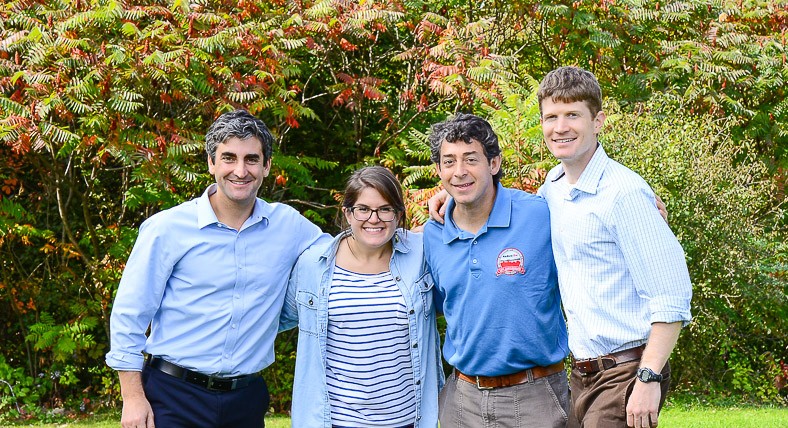Photo: Flickr Creative Commons
In a job interview, a hiring manager is generally asking two questions: “Who is this person, really?” and “Can they fix my problem or solve my need?”
For a successful job interview, the veteran candidate needs to show that they can do the job, will do the job, and that they will fit in the team and company cultures, according to Peter A. Gudmundsson in his story in U.S. News & World Report. The candidate must know their own story, be able to articulate it well, and understand how that narrative addresses the interviewer’s questions, he says.
For military veterans, telling your story is an especially critical task. Coming from an often misunderstood, underappreciated or plain incomprehensible series of experiences, it is up to the veteran job seeker to tell their story in a way that resonates with the interviewer.
Remember, the key is explaining your story in a way that is compelling and appropriate to the company need. You don’t need translator software and you must avoid the use of too much military jargon and acronyms.
Each personal narrative needs the following subjects addressed:
Who: Who are you? What is important to you? Are you self-aware and comfortable in your own skin?
What: What are you good at doing? How can you prove that to the interviewer?
When/Where: What are the basic facts of your relevant experience?
Why: Why did you do the things you did and why should the interviewer care?
Use non-cliched headlines and soundbites that the interviewer can write down and digest. For example, goal-oriented, team-oriented, competitive and great attention to detail are all phrases that connote certain desirable traits (if accurate). Think like a campaigning politician who has only a few sentences to get an idea across. Don’t waste time or words when you can get right to the point.
Read the full article on U.S. News & World Report.
Are you interested in a new career or learning new skills? UVM offers a variety of Business Leadership & Innovation career programs.




